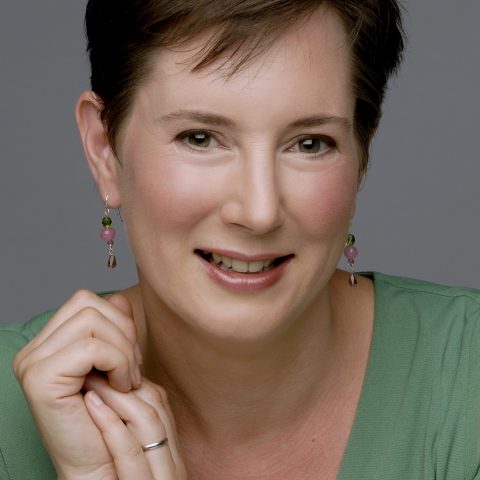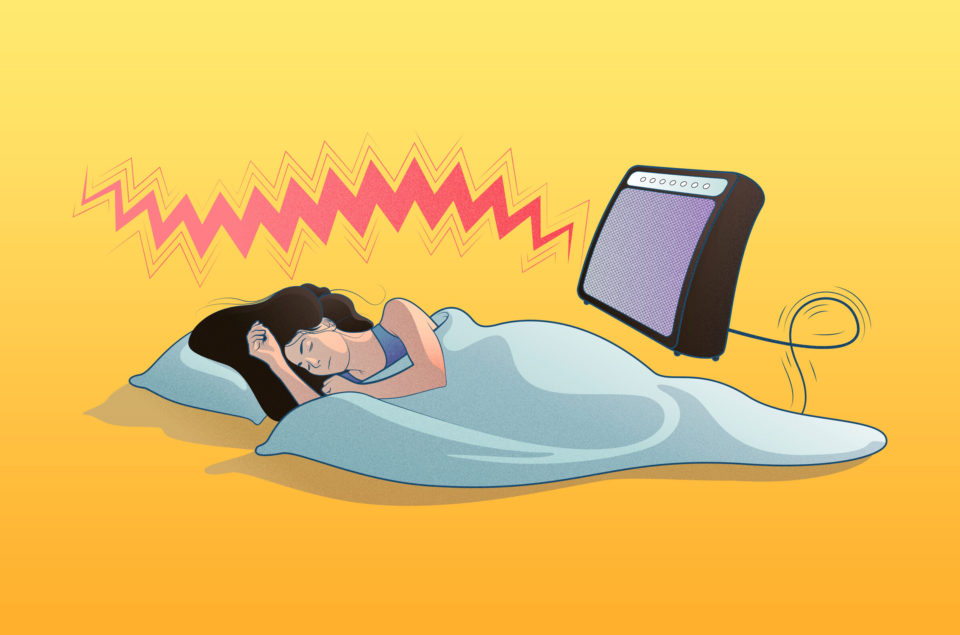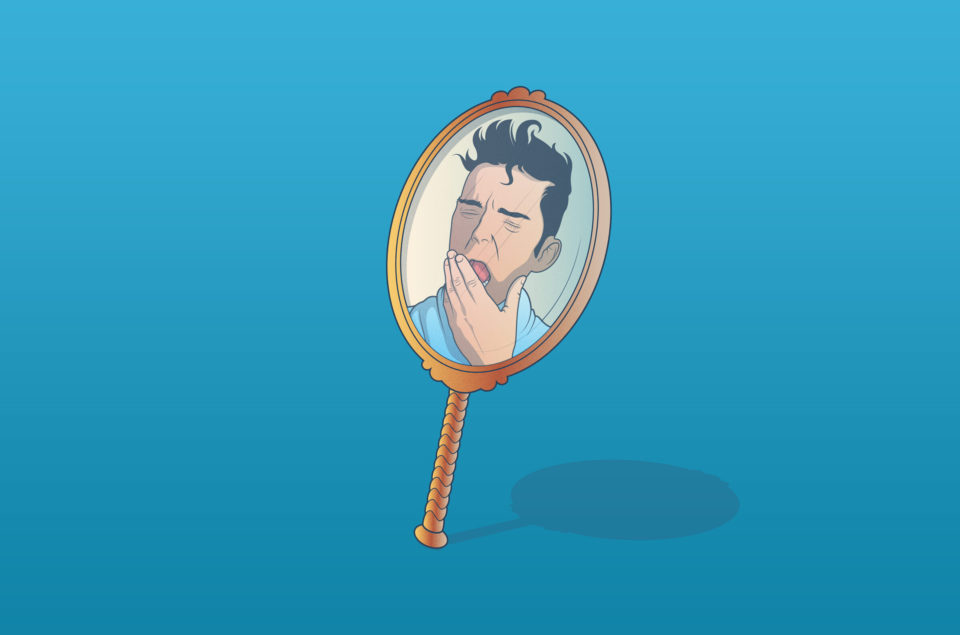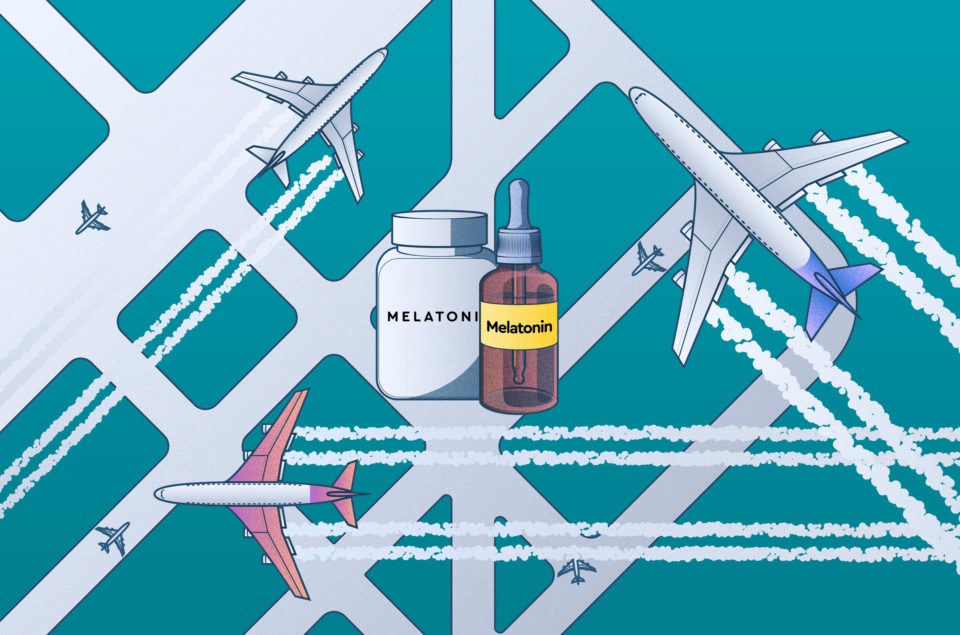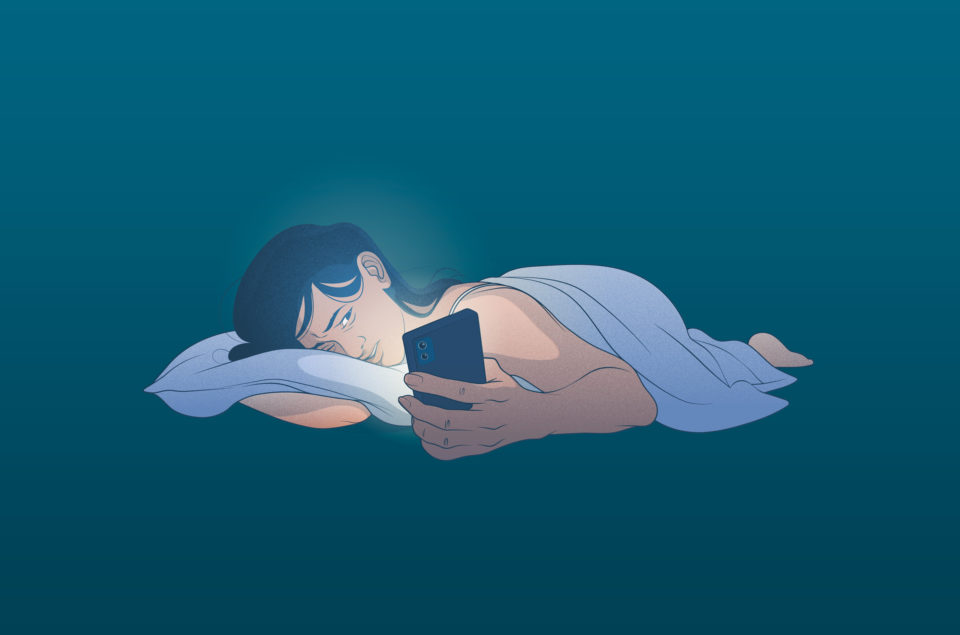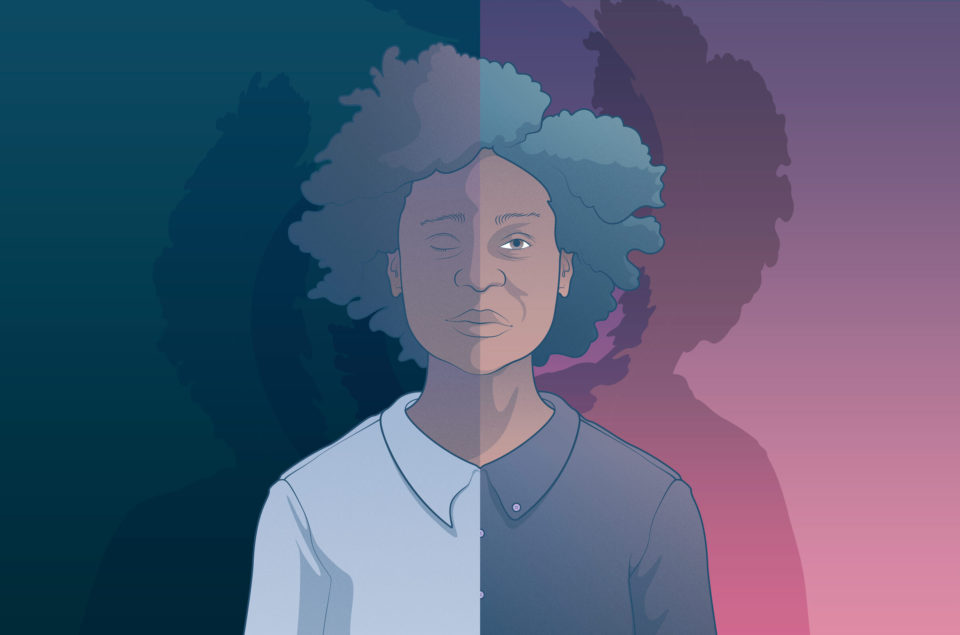It’s officially spring, which means the days are getting longer and warmer, flowers are in bloom and teens and college kids the world over are gearing up for exam season.
I’ve spoken and written frequently on the topic of school start times and how American teens aren’t getting enough sleep (most recently here). The key points are as follows:
-
As kids get older, their body clocks shift later, which means they get sleepy later at night.
-
Approximately 93% of U.S. high schools and 83% of middle schools start before 8:30 a.m.
-
Teens should sleep eight to 10 hours nightly, but with later bedtimes and early school start times, most teens fall woefully short of this.
-
Teens who do not get enough sleep are more likely to be overweight, not get enough exercise, suffer from depression, get bad grades and engage in unhealthy risk behaviors like drinking, smoking and drug use.
Interestingly, this doesn’t appear to be a global phenomenon.
Sleep Cycle recently looked at more than 12 million nights’ worth of sleep data from September 1, 2017 to August 31, 2018, for more than 172,000 teens, aged 15 to 18, and more than 292,000 “college-agers,” aged 19 to 22 in the U.S. and abroad to determine how they sleep — both during term and when left to their own sleep-wake patterns. It revealed that, especially when school is in session, American students get less sleep and wake up in worse moods than students abroad.
In fact, compared to teens abroad, teens in the U.S. average 15 minutes less sleep each night and wake up in a significantly worse mood:

But their sleep patterns during school vacations are almost identical to those of teens in other countries:

What we’re seeing here is that teens abroad have schedules that allow later wake time, aligning more closely with their natural sleep habits and needs.
Once teens graduate from high school and have more control over their own sleep habits, the gap again closes. U.S. college-agers pick up most of the extra 15 minutes of sleep their non-U.S. counterparts were getting during high school:


But regardless of whether they’re benefitting from the extra 15 minutes of sleep they gain in college or toiling under the chronic sleep deficit of their high school schedule, students everywhere will soon be tempted to pull all-nighters to study for finals and standardized tests.
They should resist this temptation, if not for their health then for their test scores. Sleep is needed for both the formation of memories and their retrieval, so getting the right amount of sleep each night really matters.
Instead of all-night cram sessions, students should:
- Stick to a sleep schedule. Studies show improved grades and test scores for people who maintain regular sleep and wake hours. Exam preppers should aim to go to bed and wake up within the same hour as usual each day.
- Study when they are most alert. For young people, this is often 11 a.m. to 1 p.m. and 6 p.m. to 8 p.m.
- Avoid skimping on sleep. Motivation decreases with sleep deprivation. Getting the sleep they need will help keep students focused on studying.
- Strengthen their circadian rhythm. Students should get some bright outside light soon after waking and avoid bright light — including from electronic devices — during the hour before bed. If they need to study late, they should go analog: write out facts they’ve memorized, quiz a classmate or read an actual book.
- Avoid stimulants (like caffeine) and depressants (like alcohol). Both will interfere with their natural sleep rhythms. And while alcohol may help them fall asleep initially, it will result in disrupted sleep later in the night.
Exam season will come and go.
Some students will get through it on caffeine and all-nighters; others will sagely forego some social activities to get the rest and study sessions they need. The latter are more likely to come out of it with less stress and higher scores. But the benefits of establishing good sleep hygiene — in high school, in college and in life — will pay even more dividends than a 1600 on the SAT.

